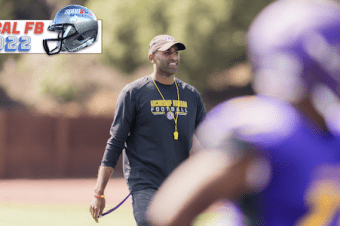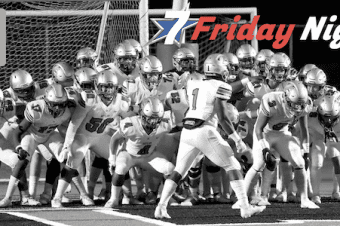

Know Exactly What Mental Skills are and How Are They Taught!
LEVELUP INSIDERS February 13, 2012 Erika Westhoff 0

When potential clients walk in my office they usually have some sense that mental performance is important, but they don’t often know exactly what mental skills are or how they are taught.
“Is it therapy?,” they might ask. “Will I (or my child) be “˜psycho-analyzed?'”
While mental training has come a long way in the last 15 years, the stigma of being a “head case” or a “problem athlete” is still attached to doing the work.
The truth is, mental training is designed to help good athletes become great athletes.
And not sick athletes become well. Big difference!
That said, there are still vast numbers of athletes, parents and coaches who are still in the dark about how mental training complements and enhances all the other physical training athletes do.
Let’s debunk the myths around mental training once and for all.
MYTH #1: Good physical training is enough.
It’s “old school” thinking that perpetuates that good, hard training develops the mental toughness needed to succeed in competitive sports
Not so. Mental toughness is a skill set that can be learned many different ways:
1) From a tough coach with high expectations who actually has the skills to teach a player how to meet those expectations.
2) From a parent who models problem-solving and a strong work ethic.
3) A mentor or sibling who helps guide the development of an athlete.
4) Or from a mental training expert who helps to minimize the trial and error in learning.
The point is, mental toughness is learned.
And once learned, it can generalize to academics and life beyond sports.
MYTH #2: Good focus means, “really pay attention to the game.”
This is the answer I get most often when I ask clients, “What does it mean to focus?”
A better answer is, focus is knowing exactly what to pay attention to and when.
For example, when looking to find a pass option, you must have strong field vision (external focus) and be able to anticipate where your teammates will be in a few seconds.
Too much thinking (internal focus) will compete for attention and therefore minimize your field vision; decisions will be slow (and your feet will slow down) and therefore passes won’t connect.
MYTH #3: If you can see it (visualize it), it will happen.
Many athletes, coaches and parents fear the skill of visualization. The reason being, it’s been sold in pop culture as kind of new age, mystical practice that seems to magically produce results.
That’s not what it is, nor how it works.
First and foremost, visualization is a misnomer. Athletic performance imagery practice should really be called “Feelization.”
The athlete should be primarily focused on the feel of what they are doing, literally going through the motions mentally.
Doing so in a detailed way, produces impulses from the brain to the body which is a form of learning. Need proof?
Think about the last time you woke up in a panic from a nightmare.
Your heart was beating fast, your respiration increased, you woke up sweaty and scared.
In reality, you were asleep, safe in your bed. But your brain managed to convince your body to respond physically to what it imagined.
Imagery (focused on feel) works the same way, sending subtle signals through your neurological systems blueprint for response to certain situations: scoring under pressure, connecting a pass, making a save.
MYTH #4: “I play better mad.”
I hear this a lot. However, it’s important to understand that it’s not being “mad” that makes you play better.
It’s actually the higher intensity level that comes along with being angry that fuels effort, temporarily.
There are a few problems with relying on anger to play well.
1) The high intensity also tends to cause chaotic effort rather than a clear mind that can read the field and anticipate the game well.
2) This mentality also requires a never-ending supply of things to be angry about. Not a good way to go through your sport experience.
Check back in the July 31 issue for Mental Training Myths #5-9.
And check out this article in the digital edition of SportStars Magazine… Not What You Thought
More Articles by Erika…Get Mental










No comments so far.
Be first to leave comment below.